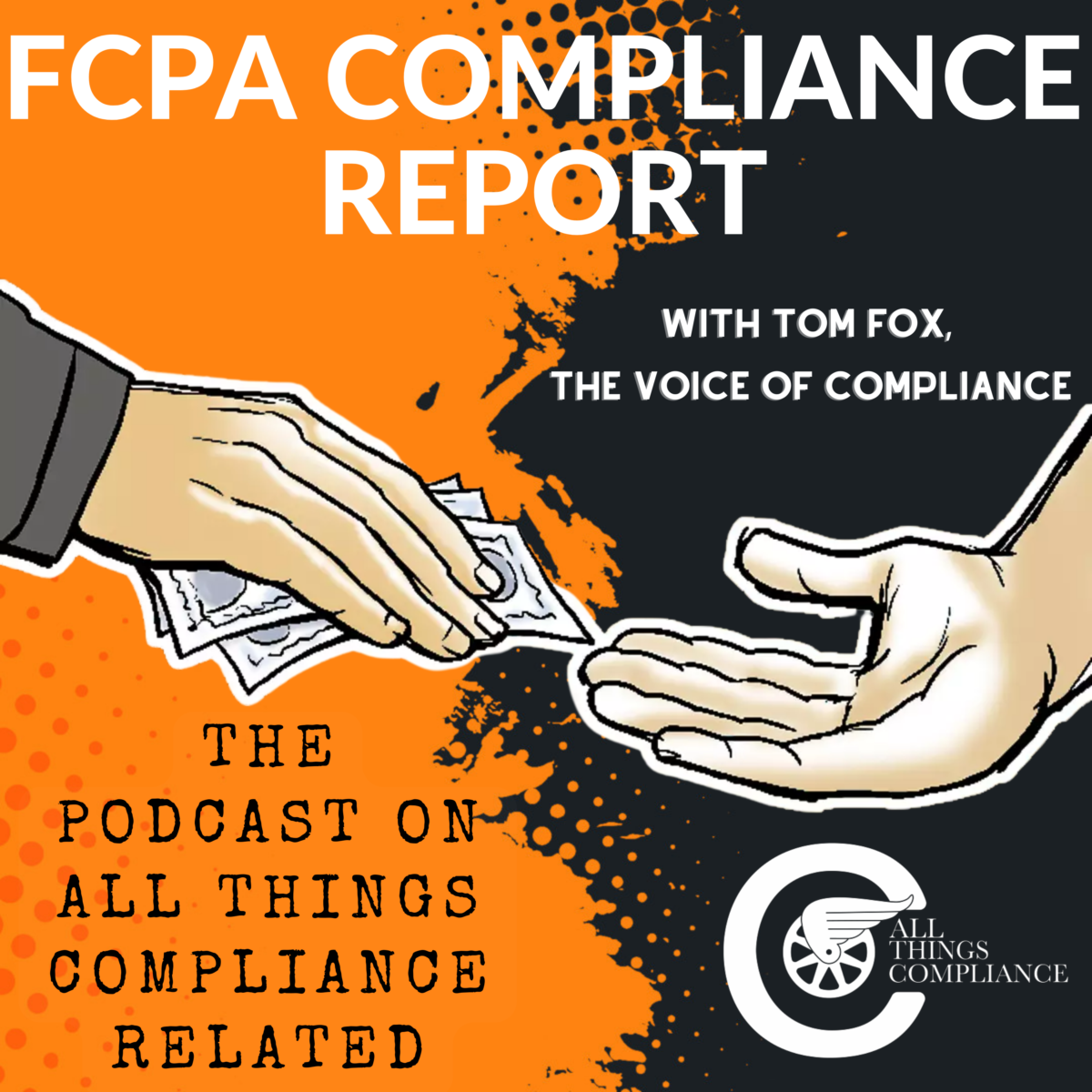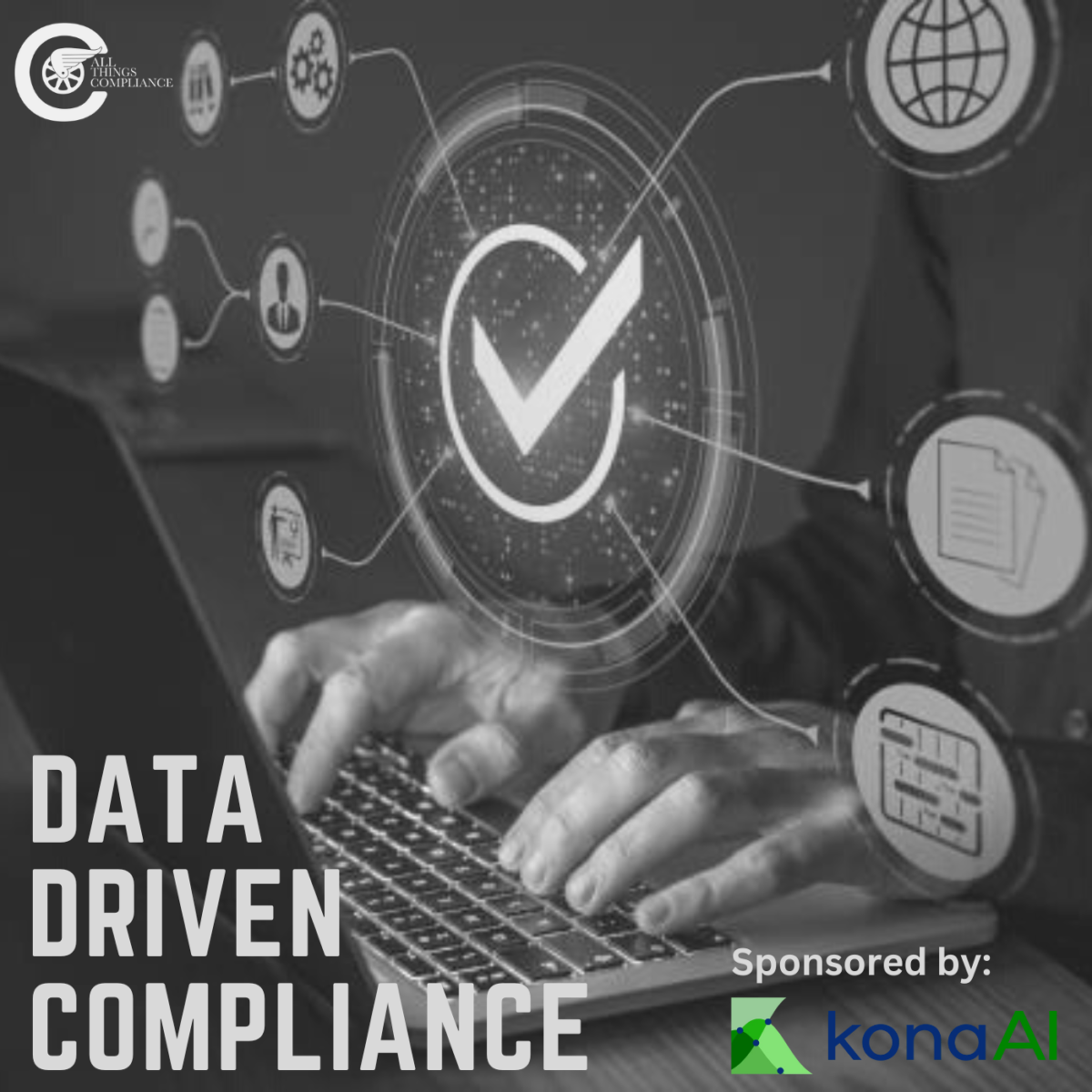Over the past 15 months, the Department of Justice (DOJ) and Securities and Exchange Commission (SEC) have made clear, through three Foreign Corrupt Practices Act (FCPA) enforcement actions and speeches, their priorities in investigations, remediations, and best practices compliance programs. Every compliance professional should study these enforcement actions closely for the lessons learned and direct communications from the DOJ. They should guide not simply your actions should you find yourself in an investigation but also how you should think about priorities.
The three FCPA enforcement actions are ABB from December 2022, Albemarle from November 2023, and SAP from January 2024. Taken together, they point out a clear path for the company that finds itself in an investigation, using extensive remediation to avoid monitoring and provide insight for the compliance professional into what the DOJ expects in a best practices compliance program on an ongoing basis.
Over a series of blog posts, I will lay out what I believe are the Top Ten lessons from these enforcement actions for compliance professionals who find themselves in an enforcement action. Today, we continue with Number 4, Root Cause, Risk Assessment, and Gap Analysis. Your remediation should begin with a root cause analysis. From there, move on to a risk assessment and gap analysis, and then you are ready to start your complete remediation.
SAP
The SAP Deferred Prosecution Agreement (DPA) laid out the best example of how this works in practice. The DPA reported extensive remediation by SAP, and the information provided in the DPA is instructive for every compliance professional. SAP engaged in a wide range of remedial actions. It all started with a root cause analysis. Root Cause analysis was enshrined in the FCPA Resource Guide, 2nd edition, as one of the Hallmarks of an Effective Compliance Program. It stated, “The truest measure of an effective compliance program is how it responds to misconduct. Accordingly, for a compliance program to be truly effective, it should have a well-functioning and appropriately funded mechanism for the timely and thorough investigations of any allegations or suspicions of misconduct by the company, its employees, or agents. An effective investigation’s structure will also have an established means of documenting the company’s response, including any disciplinary or remediation measures taken.”
This means a company should respond to the specific incident of misconduct that led to the FCPA violation. This means your organization “should also integrate lessons learned from misconduct into the company’s policies, training, and controls. To do so, a company will need to analyze the root causes of the misconduct to timely and appropriately remediate those causes to prevent future compliance breaches.” The SAP DPA noted that SAP engaged in the following steps based on these factors:
1. Conducted a root cause analysis of the underlying conduct, then remediated those root causes through enhancement of its compliance program;
2. Conducted a gap analysis of internal controls, remediating those found lacking;
3. Undertook a “comprehensive risk assessment focusing on high-risk areas and controls around payment processes and enhancing its regular compliance risk assessment process”;
4. SAP documented using “comprehensive operational and compliance data” in its risk assessments.
In addition to having a mechanism for responding to the specific incident of misconduct, the company’s compliance program should also integrate lessons learned from any misconduct into the company’s policies, training, and controls on a go-forward basis. To do so, a company will need to analyze the root causes of the misconduct and remediate those causes promptly and appropriately to prevent future compliance breaches. This SAP did it during its remediation phase.
Albemarle
Albemarle also received credit “because it engaged in extensive and timely remedial measures.” This remedial action began based on the company’s root cause analysis of its FCPA violations.
This root cause analysis led to a risk assessment, which led to remediation. All of these steps were taken during the pendency of the DOJ investigation so that when the parties were ready to resolve the matter, Albemarle had built out an effective compliance program and had tested it.
ABB
ABB also did an excellent job in its remedial efforts. According to the ABB Plea, ABB “engaged in extensive remedial measures, including hiring experienced compliance personnel and following a root-cause analysis of the conduct,” which led to the FCPA enforcement action. More on the ABB remediation later.
Each entity worked diligently to rebuild its compliance programs from the ground up. Whatever the faults of their prior compliance programs, each company was quite diligent in revamping their compliance regimes. While each company builds out a program based on its own risk, there is quite a bit of guidance you can draw from if your company finds itself in this position.
Here, the DOJ communicates that your remedial measures should start with a root cause analysis of the FCPA violation. From there, move to a risk assessment and internal control gap analysis to create a clear risk management strategy.














